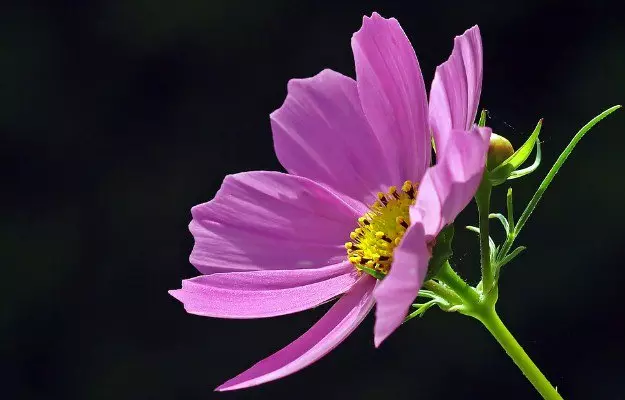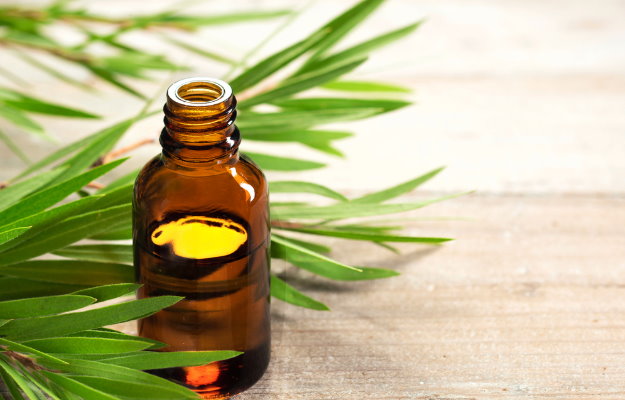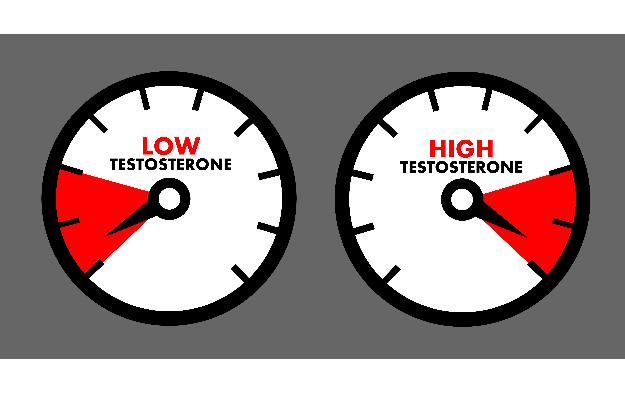Nature has provided humankind with all sorts of medicinal and culinary delights. You might be amazed to know that a lot of weeds found in our backyard are actually medicinal marvels. Punarnava is one such herb. It spreads like a spider web in most tropical backyards during the rainy months of the year. Punarnava has been in use as a culinary herb in some parts of India including West Bengal and Assam.
This herb is not just restricted to a regional kitchen. Ayurvedic medicine recognizes punarnava as an excellent adaptogen (anti-stress agent), a Rasayana (rejuvenator) and a hepatoprotective (protects the liver). In fact, the meaning of punarnava is “to rise again”. The translation is believed to come from the many healing benefits of punarnava.
Numerous research studies have been going on to confirm the therapeutic potential of punarnava in alleviating various human conditions including kidney stones, jaundice, diabetes, and cancer.
Punarnava stems usually grow in shades of purple. It can be woody or succulent and has hairy growth over its surface. The hairy leaves of punarnava have a bright green shade on one side and they are whitish on the other side. They are arranged opposite each other on the stem. Punarnava flowers may be white or pink/red in colour and are one of the major differentiating features of this plant. According to a review article published in the Research Journal of Pharmaceutical, Biological, and Chemical Sciences, the white variety is known to be good for all three ayurvedic doshas while the red/pink punarnava is known to pacify pitta.
Some basic facts about Punarnava:
- Botanical name: Boerhaavia diffusa L.
- Family: Nyctaginaceae
- Common name: Punarnava, pigweed, spreading hogweed, hogweed, Tar vine
- Sanskrit name: Raktakanda, Shothaghni, Varshabhu
- Parts used: Leaves, roots, and seeds
- Native region and geographical distribution: Punarnava grows wild in India, America, and parts of Africa.
- Energetics: Cooling













